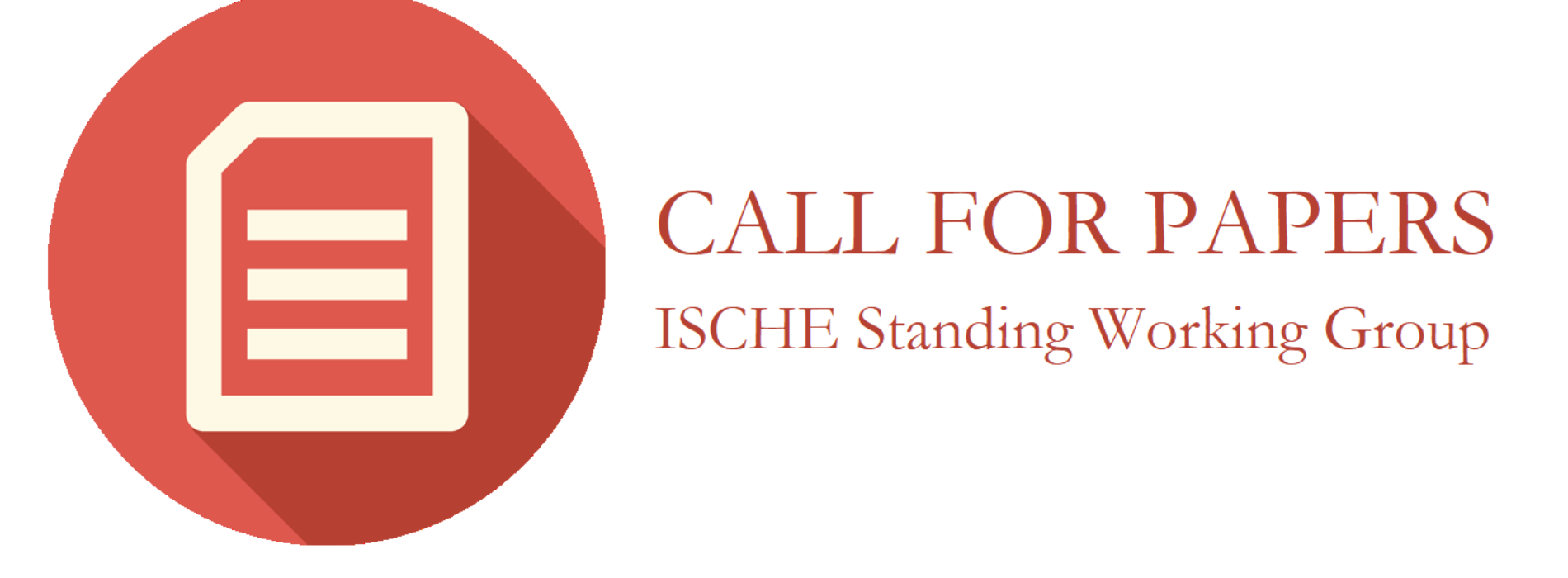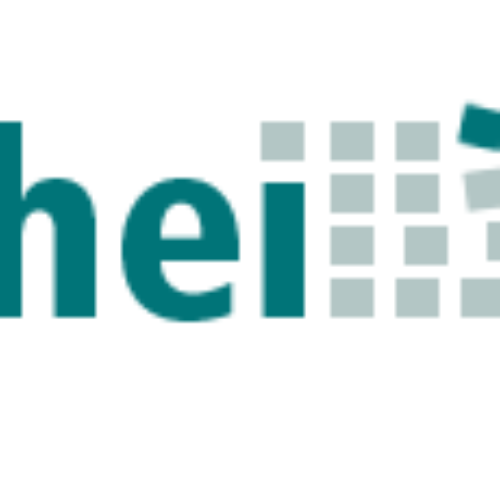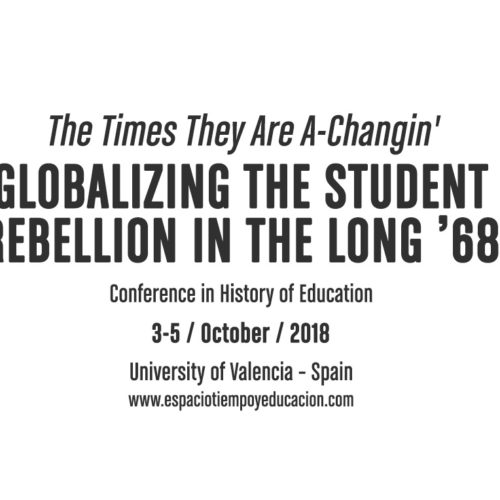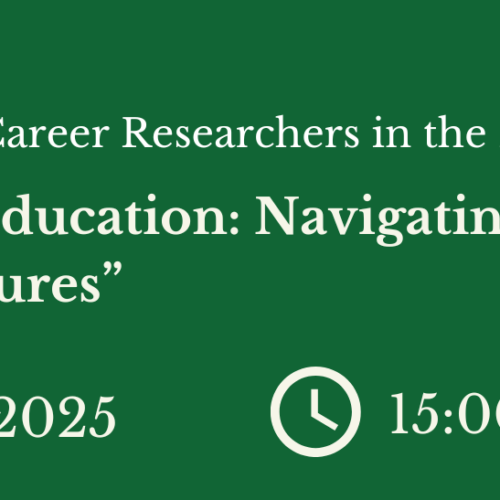Migrants, migration and education SWG invites submissions for ISCHE 39 conference. Deadline: Jan. 31, 2017
Migrants, Migration and Education
Convenors: Kevin Myers, Helen Proctor and Paul Ramsey
This SWG aims to consider, debate and discuss how migrants, and migration, can be written into the history of education; and to promote and develop empirical projects that cast new light on migrants and migration in the history of education. Migration is understood broadly and primarily in terms of cross-cultural movement (Manning, 2005).* Migrants traverse cultural boundaries of languages, values, religions, technologies, educational and political systems and more. In doing so, migrants facilitate processes of cultural exchange and negotiation that have dynamic and unpredictable outcomes.
At ISCHE 39 the SWG invites papers that consider any aspect of the relationship between migrants, migration and education. This includes papers on any period in history, on any form of migration (e.g. emigration, immigration, colonization, migration to cities, migratory labour, labour migration) and on any kind of formal or informal education. We particularly encourage the participation of graduate students and recent PhDs as well as more-established scholars.
Possible themes that emerged during a pre-conference discussion at ISCHE 38 include:
Teachers/public intellectuals as cultural mediators. How have teachers or other educators presented, interpreted or acted as cultural mediators? What pedagogical practices have they employed?
Migrants, education and the autobiographical turn. How has migrant testimony and autobiography been recorded, narrated and presented? What codes, conventions and narratives have been used? What kinds of pedagogical practices has it informed?
National ‘others’? First Nation, black, tribal and ethnic history writing. How have ethnic histories have been constructed? How they are communicated and consumed in a range of different educational spaces and media? What are the consequences of such work for public memory and pluralist conceptions of society?
Migration and mobility. What consequences do different forms of mobility have for education? Are there distinctive affective practices that condition migrant learning and education? Does a mobilities paradigm offer important advances for historians of education?
Transnational histories of migration and education. What would a transnational history of migration and education look like? Is methodological nationalism a problem for historians of education working in this area?
Methodological questions. How should historians approach and interpret the work of a previous generation of social scientists working on migration, race and education?
We look forward to submissions to the convenors by January 31 2017. Submissions should include an abstract of the presentation (of no more than 500 words in English). Accepted papers will be notified by the middle of February.
Convenors:
Kevin Myers, University of Birmingham, United Kingdom. k.p.myers@bham.ac.uk
Helen Proctor, University of Sydney, Australia. helen.proctor@sydney.edu.au
Paul Ramsey, Eastern Michigan University. USA. pramsey1@emich.edu
*Patrick Manning, Migration History in World History (London: Routledge, 2005).
About author
You might also like
CFP – Revue d’histoire de l’enfance « irrégulière » (RHEI). Deadline: Mar. 1, 2017
Call For Papers Revue d’histoire de l’enfance « irrégulière » (RHEI) http://rhei.revues.org Special issue on “Juvenile Sexualities, 19th and 20th Centuries”, edited by Véronique Blanchard and Régis Revenin, issue
Call for Papers — US History of Education Society Call for Papers 5-8 November 2015 (St Louis, MO, USA)
The Program Committee for the 2015 Annual Meeting of the History of Education Society invites proposals on all topics related to the history of education, in any period or nation,
CFP: Globalizing the student rebellion in the long ’68. Deadline Apr. 4 2018
The Times They Are A-Changin’ GLOBALIZING THE STUDENT REBELLION IN THE LONG ’68 Conference in History of EducationOctober 3-5, 2018University of Valencia – Spain Call for Proposals Admitted languages:





